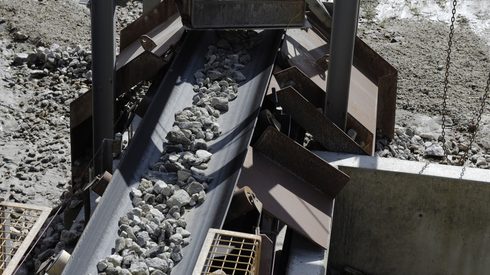The country’s steelmakers were offering rebar for export at $570-590 per tonne FOB on an actual weight basis, while bids for such material were ranging between $555 and $560 per tonne.
Fastmarkets’ weekly price assessment for steel reinforcing bar (rebar), export, fob main port Turkey, was unchanged week on week at $560-570 per tonne on Thursday.
Meanwhile, wire rod export prices were also steady from last week.
The weekly price assessment for steel wire rod (mesh quality), export, fob main port Turkey, was $600-610 per tonne on August 24.
The recent upturn in scrap costs pushed up domestic long steel prices
“The recent upturn in scrap costs pushed up domestic long steel prices,” the chief executive officer of a major steel mill said. “However, demand in the export markets is still sluggish. Half of the rebar demand from last year is missing in the export markets, bringing the total loss in the rebar market to 30%. Wire rod is in an even worse situation. So the market will keep moving sideways.”
Domestic
The domestic rebar and wire rod prices have increased over the past week on the effects of the weakening lira.
The Turkish currency was trading at 27.215 lira to $1 on August 24, compared with 27.073 lira to $1 on August 17, according to Oanda.com.
Turkish mills mostly buy raw materials in US dollars before selling finished steel products to the domestic market in the local currency, so a weaker lira typically prompts an increase in steel prices.
Fastmarkets’ weekly price assessment for steel reinforcing bar (rebar), domestic, exw Turkey, was 19,200-19,700 lira ($705-724) per tonne on Thursday, up from 18,800-19,000 lira per tonne a week earlier, including 20% VAT.
The weekly price assessment for steel wire rod (mesh quality), domestic, exw Turkey, was 20,000-21,000 lira per tonne on the same day, up from the 19,000-20,000 lira per tonne of last week.





